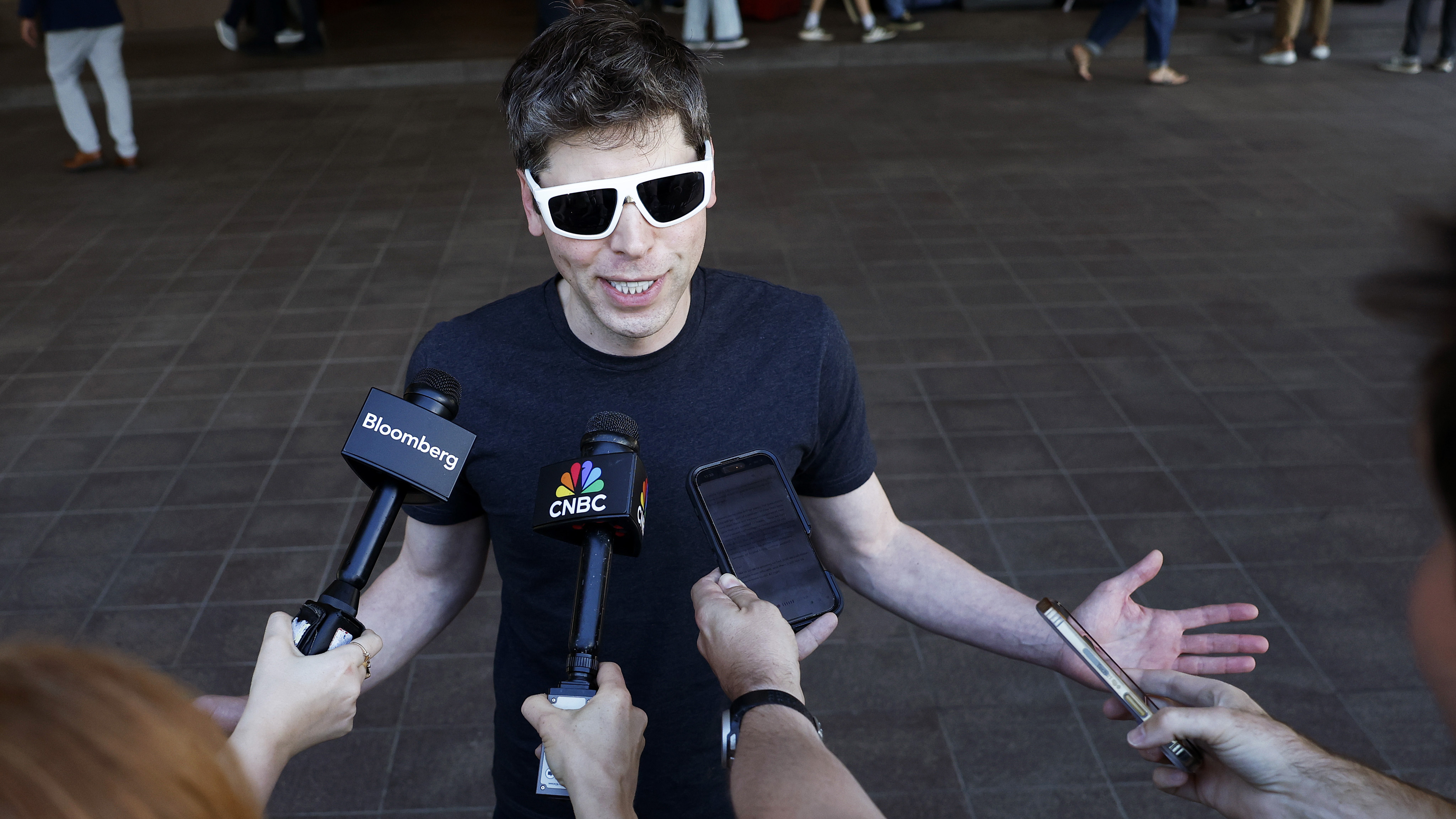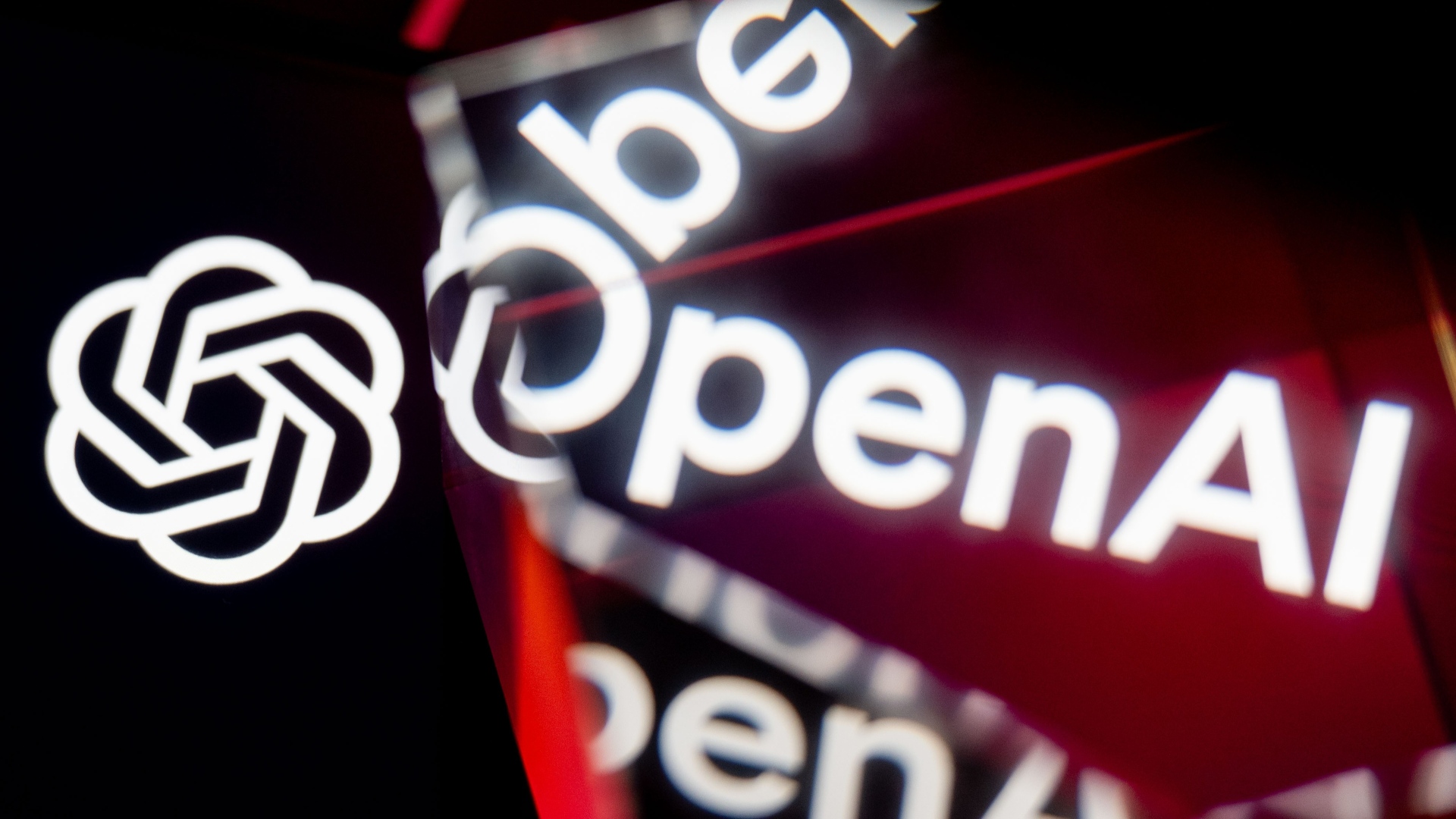Sam Altman admits current computers were designed for an AI-free world — but OpenAI's new type of computer will make the AI revolution "transcendentally good"
OpenAI's debut in the hardware landscape might be a new kind of computer designed to scale AI to the next level.

All the latest news, reviews, and guides for Windows and Xbox diehards.
You are now subscribed
Your newsletter sign-up was successful
The generative AI landscape is ever-evolving, which raises a critical question. Are today's systems built to support AI's advanced and next-gen capabilities? Well, the answer is seemingly complicated, even as the technology scales greater heights.
Last year, OpenAI CEO Sam Altman indicated that the AI revolution won't need new hardware. However, if it does, the executive claims, "You'll be happy to have a new device."
But as it now seems, the ChatGPT maker might potentially be in the process of developing new AI hardware to further bolster its advances in the landscape. During a recent interview on the Hard Fork Podcast, Sam Altman, alongside the company's Chief Operating Officer (COO) Brad Lightcap, highlighted plans to develop new hardware that goes beyond the digital assistant limitation (via Barchart).
You can build something that's really bad that [looks at your email and responds] today, but to get to the version of that that's transcendentally good, there's a ton of context and a ton of awareness that you have to have of like what each situational thing is that helps you craft exactly the right response. Imagine that now in kind of any arbitrary situation and wanting to have that with you all the time. And so I think that's a very compelling direction for this type of hardware.
OpenAI Chief Operating Officer, Brad Lightcap
As we speak, AI-powered devices are fairly limited in terms of what they can actually do. Amazon's Alexa is arguably the most advanced piece of tech in the AI landscape, but the company's device division is reportedly buried in debt. losing $25 billion between 2017 and 2021.
While the company has since launched a new subscription service for Alexa (Alexa+) and is already working on a refreshed version of the personal assistant with sophisticated capabilities, part of the development team isn't convinced that the new Alexa will be "a compelling enough product" worth paying for alongside the long list of service subscription fees users pay monthly, including Netflix, Copilot Pro, and more.
What OpenAI's new AI hardware might look like
Elsewhere, Google's CEO, Sundar Pichai, recently indicated that it's next to impossible to achieve coveted benchmarks like AGI (Artificial General Intelligence) with today's systems. Pichai's sentiments seemingly echo Altman's claim about current computers being built for a world without AI:
"Computers, software, and hardware, just the way we think of current computers were designed for a world without AI. And now we're in like a different world, and what you want out of hardware and software is changing quite rapidly."
All the latest news, reviews, and guides for Windows and Xbox diehards.
This news comes after former Apple designer Jony Ive joined OpenAI as its new design lead. The ChatGPT maker also acquired the design guru's AI device startup, io for $6.5 billion. Ive could reportedly help OpenAI develop a rumored device that could lead to the biggest tech disruption since the iPhone launched in 2007. The acquisition positions OpenAI in a unique position to take on tech giants like Microsoft, Google, Apple, and Samsung in the hardware department with AI-powered devices.
In a separate interview, Sam Altman revealed that the company is already exploring a couple of ideas on this front. However, details about the development process remain slim at best.
According to Altman:
“Don't you just want to wait and be surprised and get some joy? It's been a long time since the world has gotten a fundamentally new kind of computer. Like, let us try.”
Altman admits that people will need a bit of time to adjust to what it means to use a computer in an AI-driven world. Users might need to trust the tech to understand the context of their lives and make good judgments on their behalf.

Kevin Okemwa is a seasoned tech journalist based in Nairobi, Kenya with lots of experience covering the latest trends and developments in the industry at Windows Central. With a passion for innovation and a keen eye for detail, he has written for leading publications such as OnMSFT, MakeUseOf, and Windows Report, providing insightful analysis and breaking news on everything revolving around the Microsoft ecosystem. While AFK and not busy following the ever-emerging trends in tech, you can find him exploring the world or listening to music.
You must confirm your public display name before commenting
Please logout and then login again, you will then be prompted to enter your display name.

